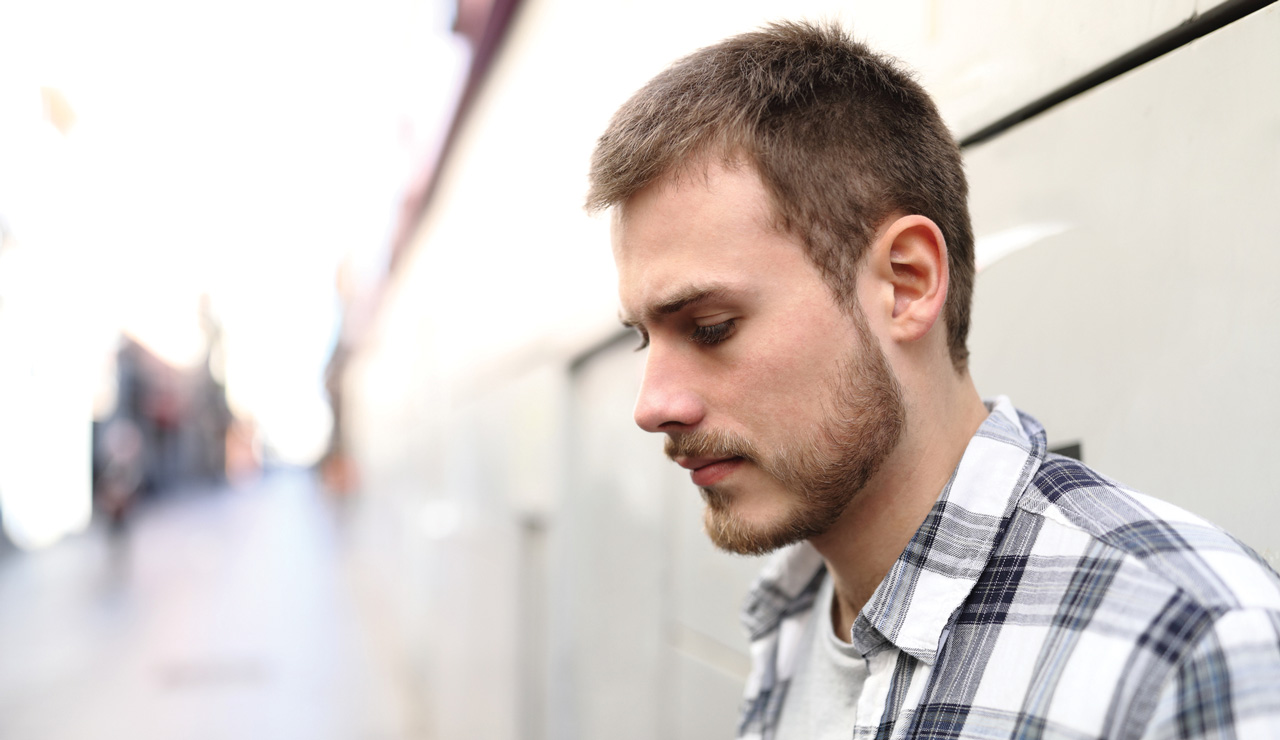“Generally speaking, if what you are experiencing emotionally is keeping you from completing or enjoying your daily activities, you should seek advice from a doctor,” says Anatoliy Yanovskiy, MD, Medical Director of Inpatient Psychiatry at Penn Medicine Princeton House Behavioral Health. “Clinical depression is not something that will simply go away, but, usually, with medication, psychotherapy and related therapies, or a combination of these, it can be managed.”
Finding the Right Option for You
There are a number of types of antidepressants available to treat depression. Finding the best one for a person is an individualized process, involving making sure the drug does not conflict with other prescribed medications; does not negatively impact existing physical health problems; successfully reduces depression symptoms; and causes few, if any, side effects.
“You have to be patient with the process, because it can take a few weeks before you feel the full effect of the medication, and you may have to try a few different medications before finding the right one for you, as well as the correct dosage,” says Dr. Yanovskiy. “In some cases, your doctor may find that what works best for you is a combination of more than one medication. But while it may take some time to determine the best treatment for you, it is well worth the effort. It can give you your life back.”
To get the best results from an antidepressant:
Be patient: Antidepressants take time to work properly, and any side effects may be temporary.
Follow directions: Take the proper dosage of medication at the proper time.
Do not give up: Never stop taking prescribed antidepressants without guidance from your doctor. While antidepressants are not habit-forming, abruptly stopping them can result in withdrawal symptoms and may worsen depression.
Avoid alcohol & recreational drugs: Both substances can increase depression and reduce the effectiveness of antidepressants.

